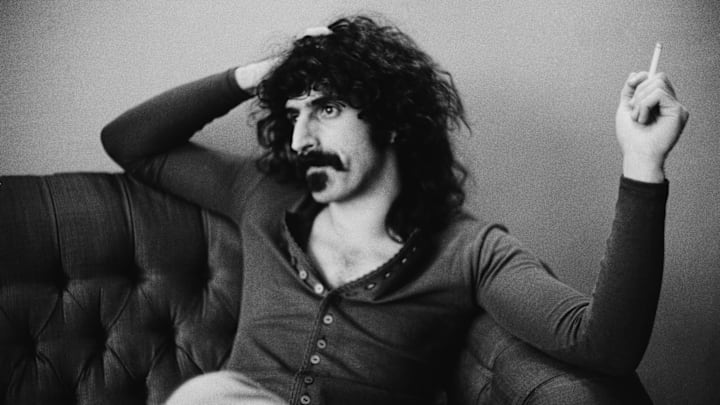"Cult classic" music would typically refer to albums, songs, or artists that have developed a dedicated and passionate fan base over time, often despite limited commercial success or mainstream recognition when they were initially released. These works often possess unique or unconventional qualities that resonate strongly with certain listeners, leading to their enduring popularity within niche communities. Examples of cult classic music can vary widely across genres and eras.
They might include experimental or avant-garde music. Albums or artists that push the boundaries of conventional music structures and styles, appealing to listeners interested in innovative or challenging sounds. You also have underground or indie rock.
Bands or albums that gained a dedicated following within the independent music scene but didn't achieve widespread commercial success count, although plenty of bands (like R.E.M. and Violent Femmes) started more at the margins and gained a cult following.They often maintain a loyal fan base despite remaining relatively unknown to mainstream audiences. Let's look at genres that seem to lend themselves to the cult classic concept.
Cult classic genres (and samples)
Psychedelic or progressive rock music characterized by complex compositions, intricate instrumentation, and surreal or introspective lyrical themes could easily fall under the cult classic concept. Some examples include Pink Floyd's The Piper at the Gates of Dawn or King Crimson's In the Court of the Crimson King.
Also, bands associated with the punk movement, which emerged in the late 1970s as a reaction against the perceived excesses of mainstream rock music, could frequently find themselves in this framework. Cult classics in this genre might include albums by bands like The Stooges, Dead Kennedys, or The Velvet Underground (yes, they were punk in plenty of respects). Then you have people like Mojo Nixon who brought an extra dose of rebellious punk sensibilities to alt-country novelty music (who also had the distinct privilege of being the first person to play Toad in a Super Mario brothers movie, which has a minor cult following in its own right.
Similarly, electronic and experimental music albums or artists have gained a cult following, perhaps for their eccentric compositions, or, as with electronic music, musicians known for their pioneering use of synthesizers, sampling, or other electronic techniques. This could include acts like Kraftwerk or Aphex Twin. Then there are the eccentric, genre-crossing icons such as Frank Zappa (pictured above). As avant-gard composer John Cage said: "I can't understand why people are frightened of new ideas. I'm frightened of the old ones."
Cult classic with some more mainstream sensibilities
All of the genres listed above can be mainstream enough, especially over the passage of time, which allows once-fringe ideas and sounds to gain greater acceptance. However, let's face it: Singer-songwriters tend to be a little more mainstream, yet also often have cult followings.
Indeed, certain singer-songwriters have garnered cult followings for their introspective lyrics, unique vocal styles, or unconventional song structures. Examples include Nick Drake, Jeff Buckley, or Elliott Smith. And hey, it simply needs to be said that Taylor Swift's "Swifties" absolutely convey a bit of cult-like loyalty.
Cult movie soundtracks
Some music attains cult status through its association with cult films. For example, think of the "Star Wars Theme/Cantina Band" by Meco, or the disco version of the Star Wars theme. Another example would be the soundtrack for The Rocky Horror Picture Show, which has become iconic in its own right, transcending its original context. Another example would be the lasting appeal of The Crow: Original Motion Picture Soundtrack, which many people suggest is simply a bad-ass collection of songs (I'm in that group, obviously).
I think even non-fans of The Cure will have to consider this song great:
Final thoughts
Cult classic music tends to be characterized by its ability to inspire deep emotional connections and a sense of belonging among its fans, often fostering communities centered around a shared appreciation for its unconventional or overlooked qualities. As with movies and TV shows, sometimes this may include the "so bad it's good" aesthetic. Bands like The Shaggs or The Residents might fall under this classification (though sometimes The Residents are more conventionally musical than given credit for).
One man's trash is another man's treasure, and I personally seek out music I don't find mediocre and formulaic, while still finding some appreciation for the conventional. In fact, few things convey this better than the Ramones: That band started at the fringes, in a largely shunned musical form called "punk," but ultimately became so beloved, mainstream, and anthemic that people chant "Hey! Ho! Let's go!" at sporting events.
